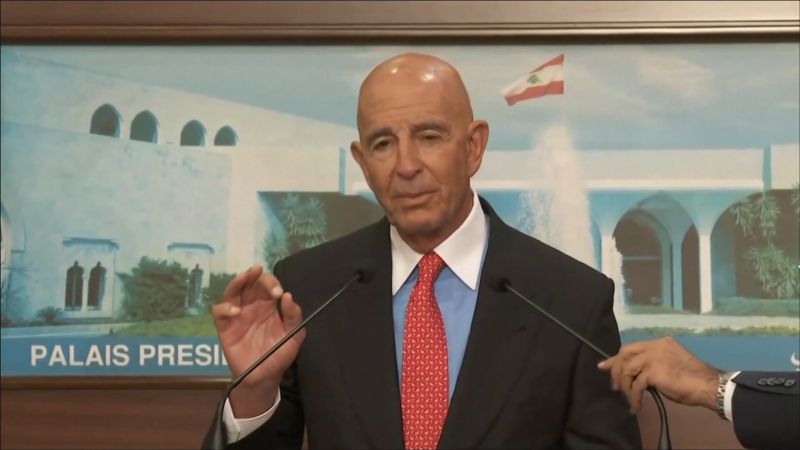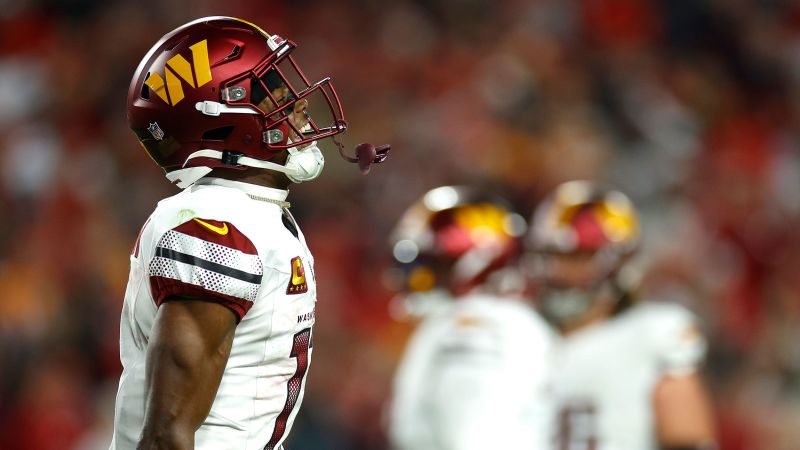
US Envoy's Remarks Spark Controversy in Lebanon
Opinion | 8/26/2025
In a recent news conference held in Beirut, United States Special Envoy Tom Barrack advised Lebanese journalists to exhibit civilized conduct, cautioning against what he termed as “animalistic” behavior. Barrack’s remarks have stirred controversy and criticism, with many questioning the appropriateness and implications of his choice of words.
During the conference, Barrack linked the behavior of journalists to broader issues in the Middle East, suggesting a correlation between professionalism in journalism and the region’s challenges. The envoy’s comments have drawn both support and condemnation from various quarters, highlighting differing perspectives on the intersection of journalistic practices and regional dynamics.
Responding to Barrack’s statements, a Lebanese media representative expressed concern over the perceived condescension in the envoy’s language, emphasizing the importance of respecting the role of journalists in a democratic society. The incident has fueled discussions on the boundaries of diplomatic discourse and the expectations placed on international envoys when engaging with local media.
While some view Barrack’s remarks as a call for professionalism and decorum in journalism, others criticize his choice of language as demeaning and culturally insensitive. The incident underscores the complexities of cross-cultural communication and the nuances involved in diplomatic interactions, particularly in regions with diverse societal norms and practices.
As the debate surrounding Barrack’s comments unfolds, it raises broader questions about the role of diplomats in shaping public discourse and the responsibilities that come with representing a nation’s interests abroad. The incident serves as a reminder of the delicate balance required in diplomatic engagements and the need for mutual respect and understanding between nations and their representatives.


